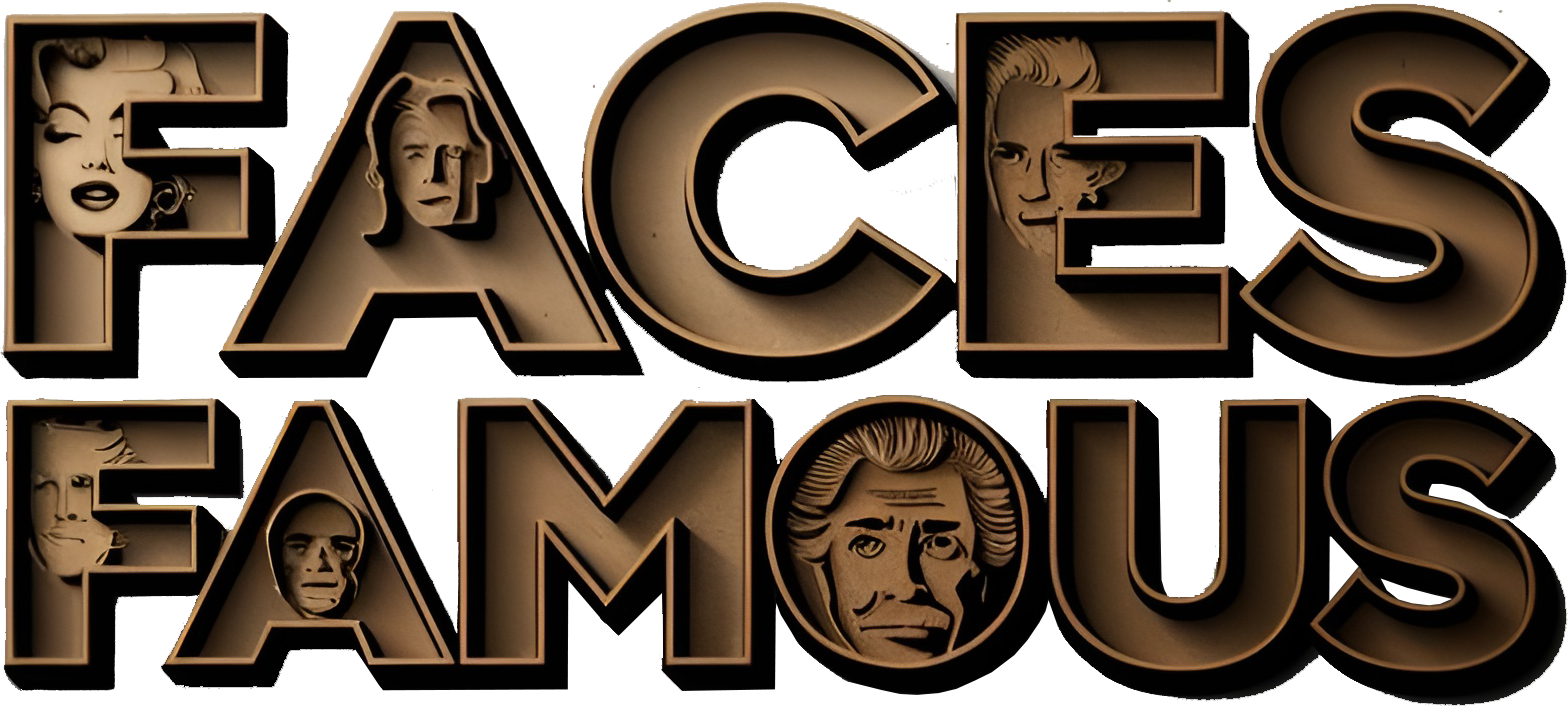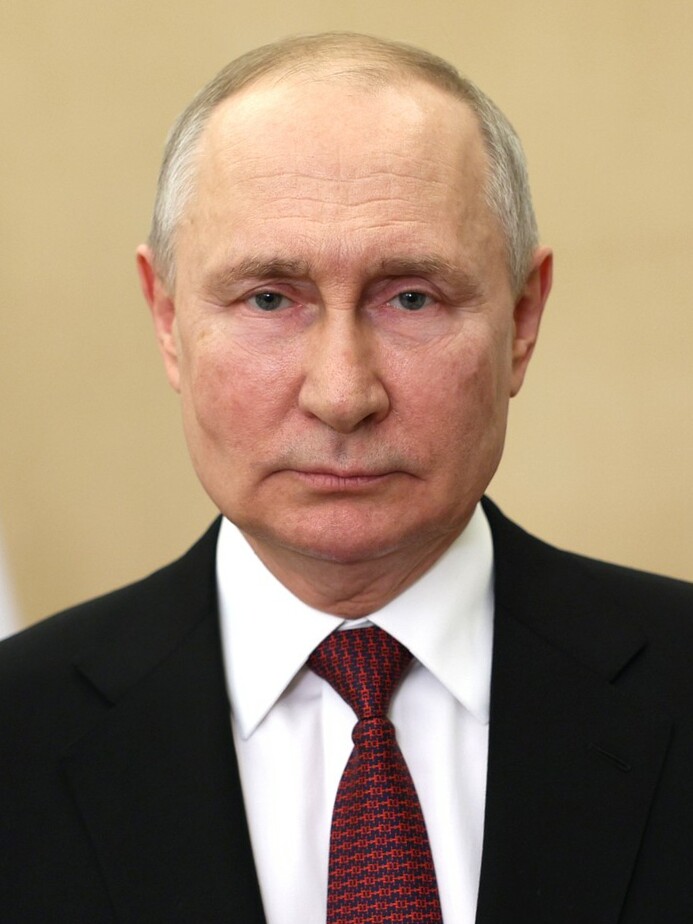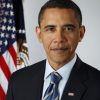Vladimir Putin, born on October 7, 1952, in Leningrad (now Saint Petersburg), Russia, is one of the most prominent and influential political figures of the 21st century. He has been the central figure in Russian politics for over two decades, holding various positions including President and Prime Minister of Russia. His leadership has significantly shaped the direction of Russia domestically and internationally.
Early Life and Career
Putin was born into a working-class family in Soviet Russia. He studied law at Leningrad State University, graduating in 1975. After graduation, Putin joined the KGB, the Soviet Union’s security agency, where he served as an intelligence officer for 16 years, including a stint in East Germany. His experience in the KGB honed his skills in intelligence and politics, which would later influence his leadership style.
Rise to Power
Putin’s political career began in the early 1990s after the collapse of the Soviet Union. He worked in the administration of his hometown of Saint Petersburg, under Mayor Anatoly Sobchak. In 1996, Putin moved to Moscow and quickly rose through the ranks of the Russian government. He became the director of the Federal Security Service (FSB), the successor to the KGB, in 1998.
In 1999, Boris Yeltsin, the first President of the Russian Federation, appointed Putin as Prime Minister. Later that year, Yeltsin unexpectedly resigned, and Putin became Acting President. In 2000, he won the presidential election and officially took office as President of Russia.
Presidency and Leadership Style
Putin’s presidency has been marked by a strong emphasis on centralizing power and stabilizing Russia’s economy after the turbulent 1990s. Under his leadership, Russia experienced economic growth, driven largely by rising oil prices and state-controlled enterprises.
Putin’s leadership style is often characterized as authoritative and pragmatic. He has sought to restore Russia’s influence on the global stage, advocating for a multipolar world where Russia plays a key role in international affairs. Domestically, Putin has maintained tight control over Russian politics, media, and the judiciary, which has drawn criticism from Western nations and human rights organizations.
Foreign Policy and Conflicts
One of the hallmarks of Putin’s presidency has been an assertive foreign policy aimed at restoring Russia’s power and influence. His government has been involved in several significant conflicts and controversies, including the Second Chechen War (1999–2009), the Russo-Georgian War (2008), the annexation of Crimea from Ukraine in 2014, and Russia’s involvement in the Syrian Civil War.
The annexation of Crimea and the subsequent conflict in Eastern Ukraine have significantly strained Russia’s relations with the West, leading to economic sanctions and diplomatic isolation. Putin, however, remains popular domestically, largely due to his portrayal as a defender of Russian interests against perceived Western encroachment.
Constitutional Changes and Extended Leadership
After serving two consecutive presidential terms (2000-2008), Putin stepped down due to constitutional term limits but retained power as Prime Minister under President Dmitry Medvedev. In 2012, Putin returned to the presidency for a third term, followed by a fourth term in 2018. In 2020, constitutional amendments were passed that could allow Putin to remain in power until 2036, solidifying his long-term grip on Russian politics.
Legacy
Vladimir Putin’s legacy is complex and multifaceted. To many Russians, he is seen as a stabilizing force who restored national pride and economic order after the chaos of the 1990s. However, critics argue that his regime has curtailed democratic freedoms, suppressed political opposition, and fostered corruption.
Internationally, Putin is often viewed as a strongman who challenges Western dominance and seeks to reassert Russia as a global superpower. His policies and actions have had profound implications for global geopolitics, making him a highly controversial and influential figure in contemporary history.
In conclusion, Vladimir Putin is a leader whose influence has shaped modern Russia and global affairs for over two decades. His presidency has been marked by economic recovery, centralized power, and assertive foreign policy, making him one of the most significant political figures of our time.


